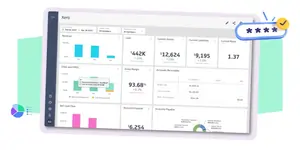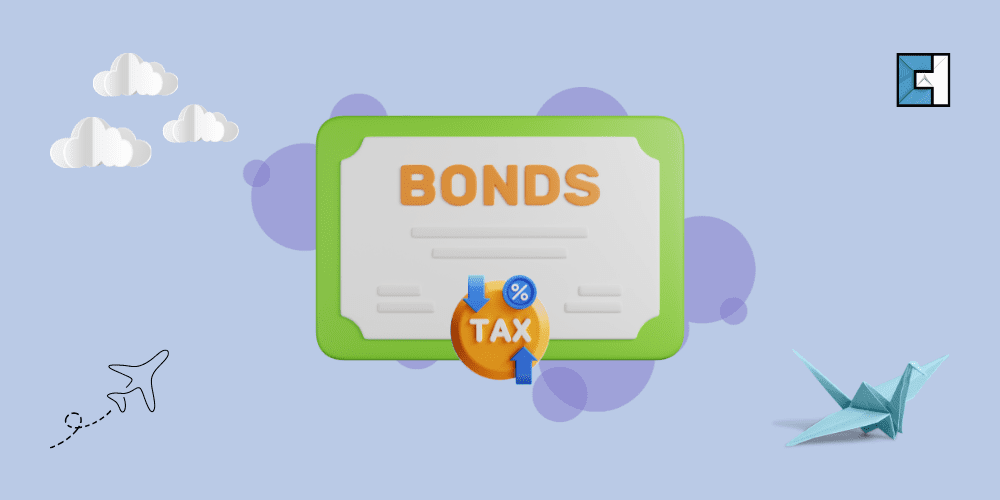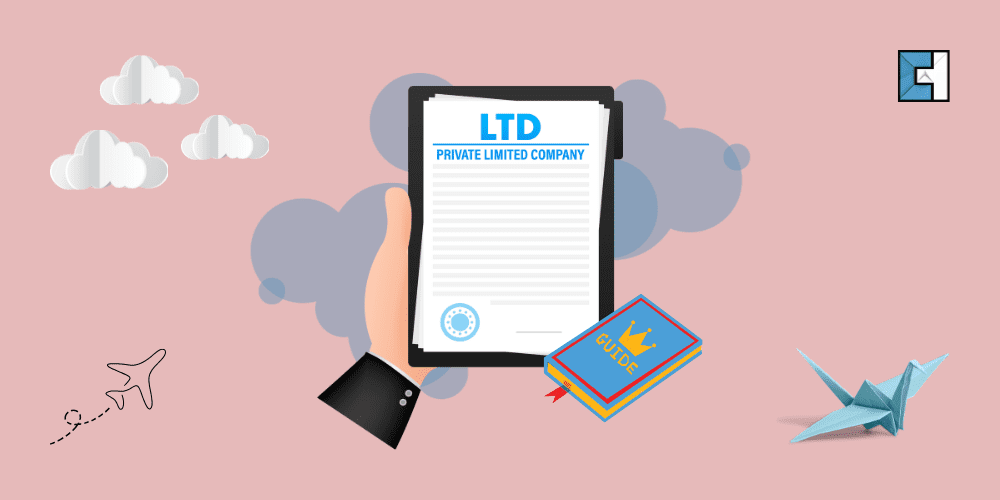What Are Bonds? An Introduction
Before understanding the taxes on UK investment bonds, it is important to understand what bonds really are. Bonds are one of the most convenient investment methods, and investors can invest in the form of loans to the issuer, which can be either a corporation or a government. The rate of interest or income depends on the kind of bond. Bonds have a fixed time and offer fixed income at the rate of interest associated with the bonds. For corporations and the government, it is a way of raising funds from the public. While for buyers, it acts as a fixed-income instrument. Buyers are called creditors, while sellers are called debtors.
Types Of Bonds
The following are the seven types of bonds that you can invest in the UK:
- Conventional Gilts
- Convertible bonds
- Gilts or UK Government Bonds
- Indexed Linked Gilts
- PIBS or Permanent Interest Bearing Shares
- Subordinated bonds
- Updated or perpetual Gilts
Investors can buy bonds from the above list of bonds according to their tax bracket and risk tolerance. If you fall in a bigger tax bracket, you can invest in lower-yield bonds, and if you are falling in a lower tax bracket, you should invest in higher-yield bonds. In all cases, the bond buyer gets the principal amount invested plus the promised interest by the issuer. Most investors tend to invest in government bonds as they offer more security and money in return.
Identifying Chargeable Events
Tax is only payable when the gain on the chargeable event is evaluated. Chargeable events are discussed below.
Death
Death is a chargeable event only if it gives rise to benefits. If a bond is written in just one person’s life, then the death of that person will result in a chargeable event. If a bond is assured with two lives and it is structured to pay out on the death of the second person, then the death of the first person assured does not prompt a chargeable event.
Assignment
An assignment does not result in a chargeable event if it is not for money or money’s worth. For instance, gifting a bond does not trigger a chargeable event.
The following are the specific assignments that are not for money or money’s worth.
- If it is between spouses or civil partners living together
- As security for a debt, for example, to a lending institution
- When policy-secured debt is discharged, the bank reassigns the debt once it is fully paid.
Part Surrender
If a part surrender exceeds a certain limit, it will trigger a chargeable event gain. If Part surrenders are less than 5% of the accumulated premiums, they can be taken without any tax charge (S507 ITTOIA 2005). At the same time, withdrawals are not tax-free but tax-deferred.
Part assignment for money or its worth is taken as a chargeable event. This happens very rarely but might occur in the case of a divorce without a court order. Thus, this part surrender chargeable event is dealt with according to the part surrender rules.
Policy Loan
A policy loan is a loan arrangement made with the insurer under an agreement, if made with a person at their direction, including third-party loans. The unpaid interest on the loan will be considered as additional loans and thus result in part surrender.
Maturity Or Surrender
A chargeable event is triggered if the total amount paid out plus any capital payments by the insurer to the policyholder exceeds the total premium payments plus total gains on previous part assignments or surrenders.
- All rights under the policy are surrendered.
Bonds And Taxes
With investment in bonds, you should know that there are two kinds of tax systems.
- Tax is charged on the income from interest received.
- Tax is charged on the profit when a bond is sold to another person.
The different types of bonds are taxed differently.
Tax Rates For UK Investment Bonds
Basic rate taxpayers are not subject to further tax on the gain. In contrast, higher-rate taxpayers are taxed at 20% on the gain. Moreover, it is a 25% tax on the gain for additional rate taxpayers.
If a person buys indexed-linked bonds issued by a company, such investors are paid above the present inflation percentage. The amount paid to the investor above the inflation rate is taxable and must be paid. Whereas the government provides the index-linked bonds, on which the investor will pay no tax.
But suppose your investment is approved from an Individual Savings Account or a self-invested personal pension. In that case, you may be free from paying the interest amount as deducted or allowed to be deducted. But there are some conditions for it. The minimum time frame of your bond should be at least five years, and the amount in the account should not exceed the amount provided for the year. If the amount exceeds, it will incur taxes.
FAQ’s
How Are Bonds Taxed?
Bondholders are taxed 20% on the interest income on bonds. Almost all bonds are taxable except some government bonds. You pay tax on the income earned on the bonds plus on the capital gain if you sell it before its maturity. However, 5% a year withdrawals are allowed without being subject to any further taxes. If you don’t withdraw anything this year, this 5% allowance is rolled over to the next year. You will then be able to withdraw 10% the next year without any tax liability. Taxation rules vary for government bonds, corporate bonds, and municipal bonds.
Are Bonds A Good Investment?
Bonds are a safe and stable investment as compared to stocks. It offers you a predictable income through its fixed interest on the bond value. Moreover, bonds are considered a good investment if you want to preserve capital and generate predictable income.
Can You Lose Money In A Bond?
Yes, you can lose money on bonds if you sell for less than you paid for it before the maturity date. Or if the issuer defaults on payments. So bonds are less risky does not mean that they are entirely risk-free.
Is It A Good Time To Buy Tax-Free Bonds?
Yes, it is an excellent choice to buy tax-free bonds as it offers steady income for an extended period. These are mainly provided for ten years or twenty years. So, in this case, the risk is minimised, and returns are predictable.
Conclusion
Thus, different kinds of bonds are subject to different kinds of tax liability on income. The kind of bond decides the rate of interest as well. One should invest in the bonds while analysing their respective tax bracket and considering the risk tolerance.









































































